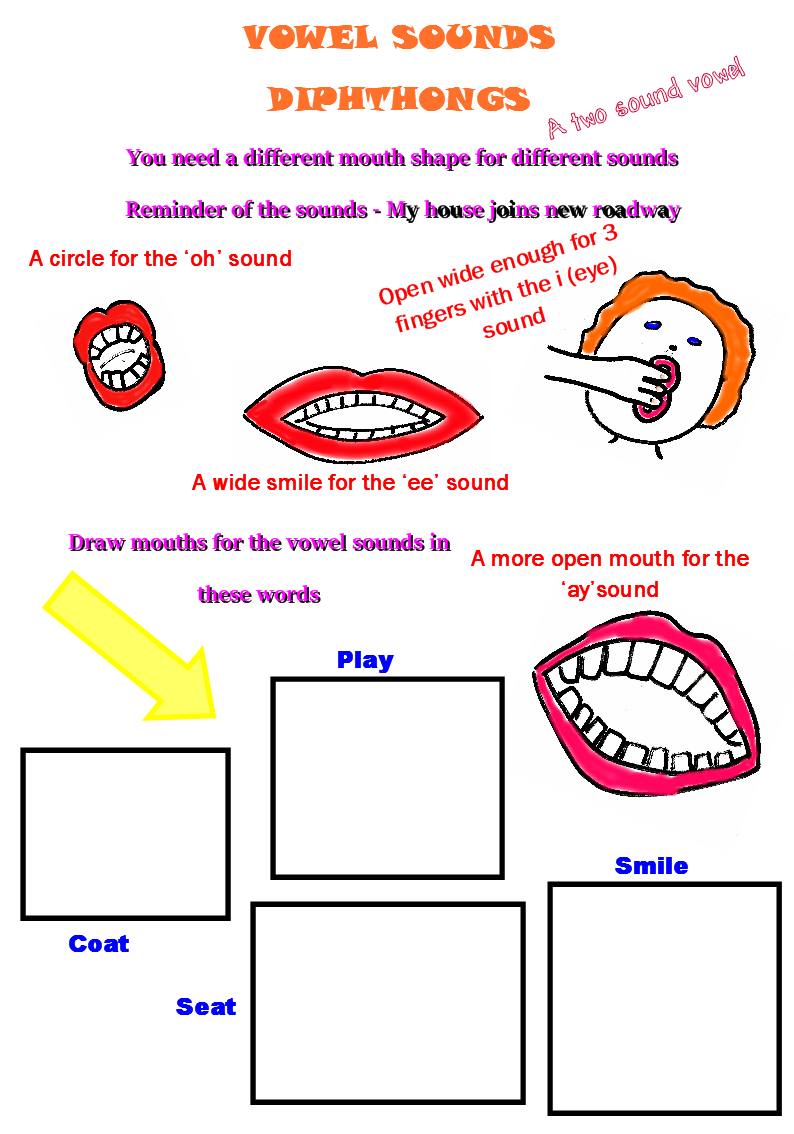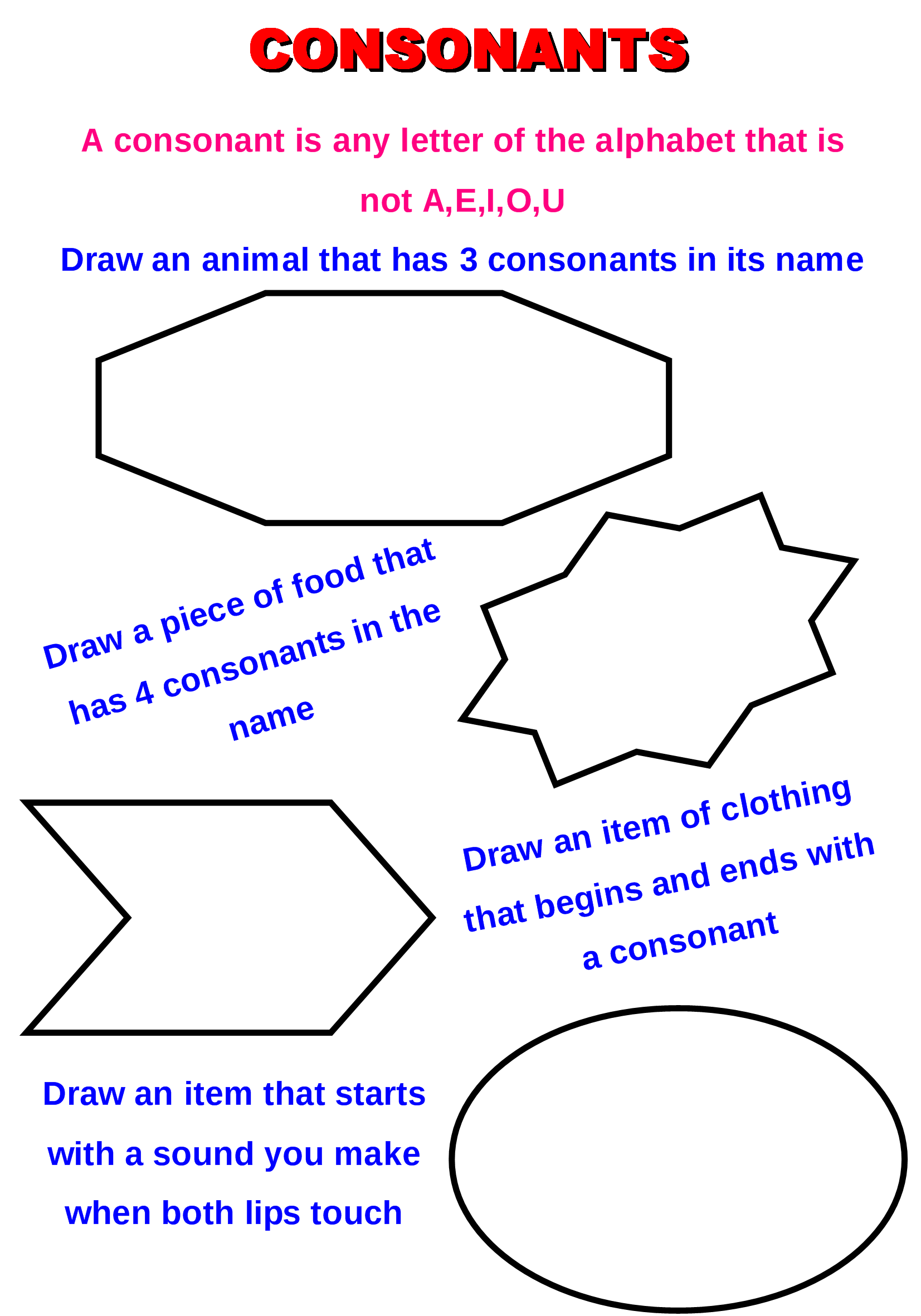Vocal exercises for everyone
(elocution exercises below)
Make 2024 the year you improve your self confidence and communication skills. Get that new job, get on that college/University course, impress your work colleagues or just sleep better at night knowing that you can speak clearly and confidently. If you would like an online lesson please email me serena@dodnotmumble.com or fill in the form on this page.
I now have an online course that covers 39 sounds please have a look here
Vocal Exercises for Vowel Sounds
- We have 5 vowels a,e,i,o,u and each letter makes more than one sound. For example the letter a in day, cat, and car
- Diphthongs are vowel sounds made with two sounds this means your mouth should change shape for these sounds (see my video course for more help) My house joins new road way
- The only thing that alters the sound of vowel is the shape of our mouth
i (eye) This is a diphthongal sound
- Open your mouth wide enough to put three fingers in it vertically.
- As you say the sound the shape of your mouth should alter from very open to a smile shape (see my video course)
- The child smiles all of the time
- High in the Pine tree
o (oh) This is a diphthongal sound
- Make a circle with your lips
- Follow the arrows to avoid the snow
- Don't moan about it though
a (ay) This is a diphthongal sound
- Your mouth should change shape as you say this sound.
- Your mouth should change shape
- Eight o'clock is too late
- The lady gave me the plate on friday
a (ah)
- Open your mouth wide enough to put three fingers in it vertically.
- Your mouth doesn't change shape
- My car is a very fast car
- Stay calm, don’t argue

You will see from the vocal exercises above that the spelling of the word doesn't matter - it is the sound that is important. The 'ay' sound in 'eight' is the same as in 'date' even though one is 'ei' and the other 'a'. Likewise, the 'oh' sound can be 'ou' or 'oa' or just 'o'. My video course covers this in much more detail.
Vocal Exercises for Consonant Sounds
Consonant sounds are made when 2 organs of speech touch and the 5 main organs of speech are:
Teeth, Tongue, Lips, Hard Palate, Soft Palate
- Sound all the consonant sounds in each word, especially the 't' and 'd' sounds at the ends of the words and in the middle of words
- Just wait and see, the coat and hat might fit you
- The little girl was absolutely certain that the chocolate was hers
Tongue and teeth for the 'th' sound
- Your tongue must be outside of your mouth before you start the 'th'sound
- This sound can be at the beginning, in the middle or at the end of a word
- Practice the th sound with these sentences:
- This is my finger, this is my thumb
- Can I have another little brother
- We both like living in the south of the country
'L' sound
- The 'l' should be heard - only very quietly - in words like child, smile, adult etc. you must make sure that when you say 'mile' your tongue touches the roof of your mouth for the 'l' sound
- The child smiles at the adult
- Salt is bad for your health

Above is a list of vocal exercises but a much more comprehensive list of vocal exercises (elocution exercises) can be found on my best selling online course. All of these elocution vocal exercises must be said out loud. Repeat each one at least twice a day for speech improvement.